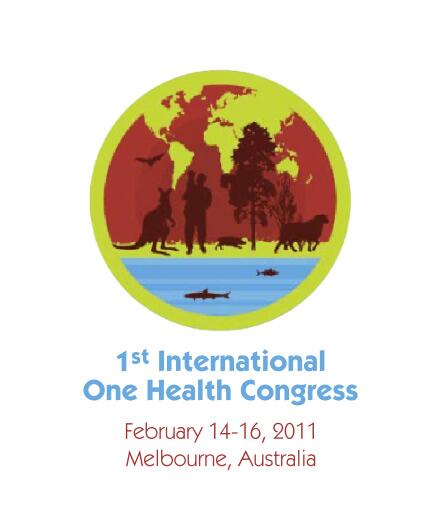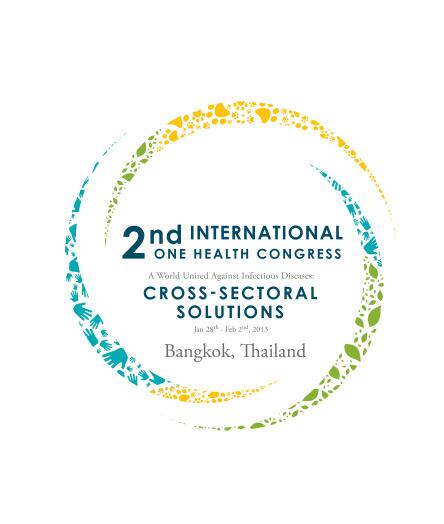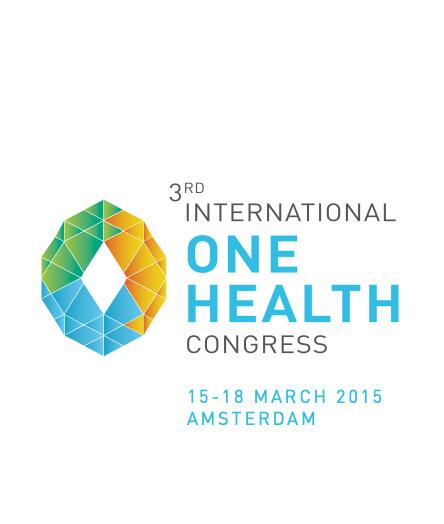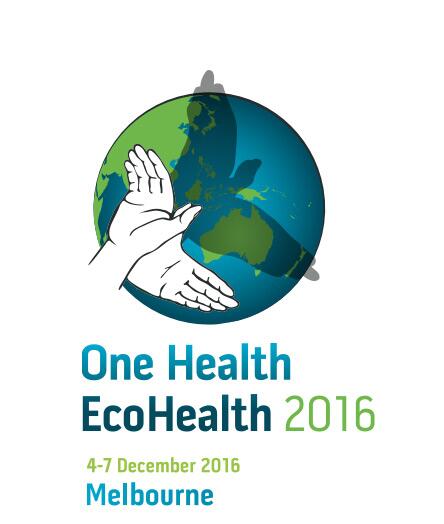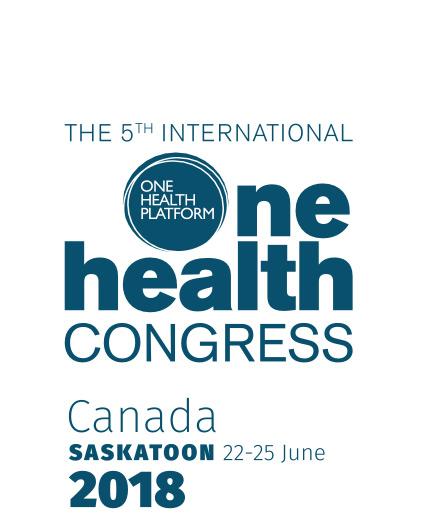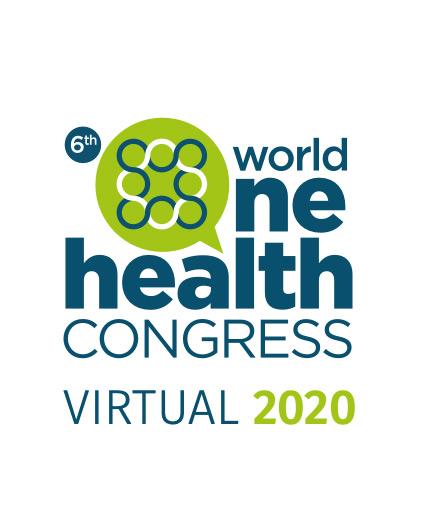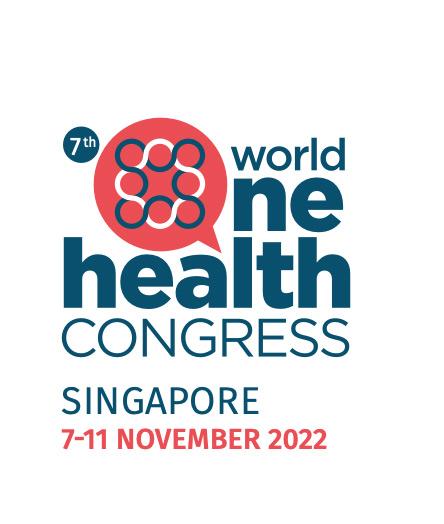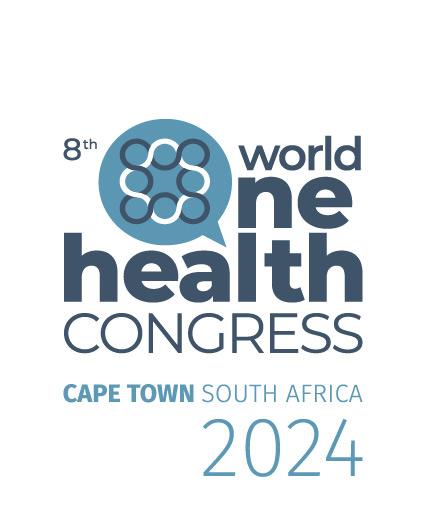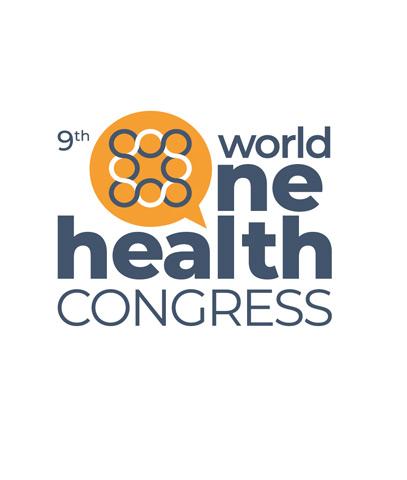Scientific highlights of WOHC2024 are available in One Health Outlook
Read the Science Policy Interface session reports of WOHC2024 and watch the sessions
Follow the latest news on the global One Health Community and join our mailinglist
One Health Day 2025: Join the global movement and get on the map!

